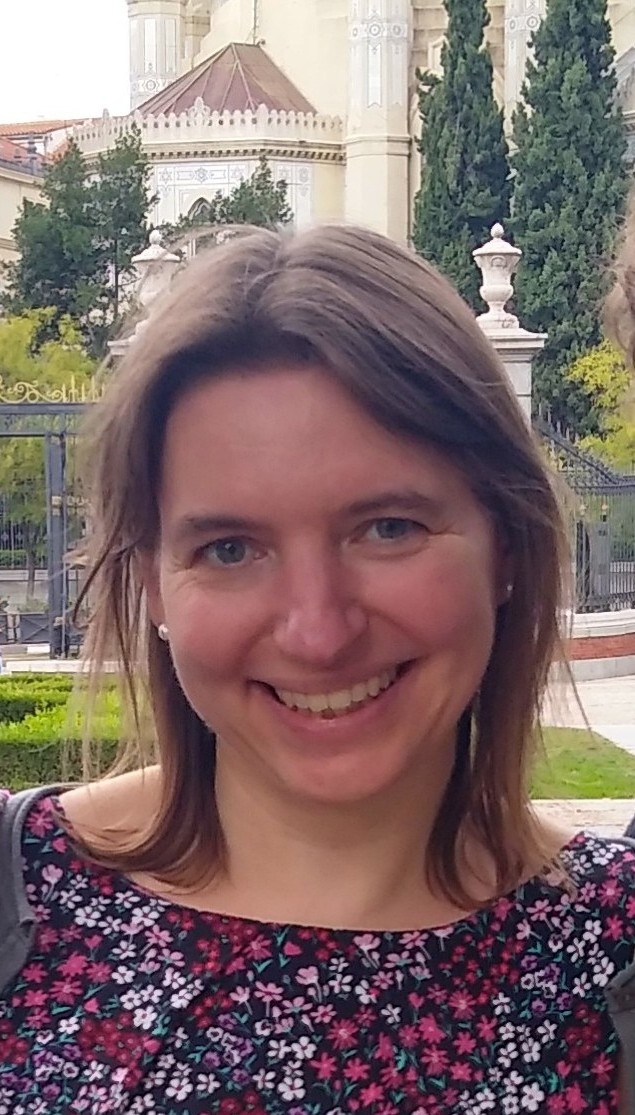|
Reader in Pure Mathematics Address: School of Mathematics and Statistics (Room 312) University of St Andrews North Haugh St Andrews Fife KY16 9SS Scotland E-mail: sh70(at)st-andrews.ac.uk |
 |
Brief history:
|
Proceedings of the RSE, Section A (Mathematics):
|
|
Research Interests: I am interested in a range of areas in, and related to, combinatorics. My original background is in the structural theory of finite fields, and I have worked on various questions related to the existence of primitive normal bases for finite fields. I enjoy exploring applications of finite fields to combinatorial structures, particularly those motivated by topics in information security. A key recent focus of my resarch is investigating connections between combinatorics and cryptography, with an emphasis on difference families and their many generalizations. These have a natural connection to optimal AMD codes and secret-sharing schemes. In my work, information security applications motivate the development of new combinatorial objects, which often prove to be of great mathematical interest in their own right. Many of the constructions in this area use cyclotomic methods from finite fields, but there are rich connections with other areas of combinatorics, finite geometry and group theory. Another strand of my research is viewing combinatorial objects as relational structures, and asking questions about partial orders on these structures. In particular, I have been investigating the homomorphic image order, a natural analogue of the substructure order, with a focus on the setting of graphs and digraphs. My work has a strong interdisciplinary strand, with significant links to theoretical computer science. I collaborate with computer scientists working in constraint satisfaction programming, which has led to productive cross-pollination in terms of developing new computer search techniques in AI, and new examples and conjectures in mathematics. |